Published
- 06:00 am
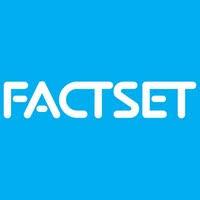
FactSet, a global provider of integrated financial information, analytical applications, and industry-leading services, announced today a strategic relationship with CG Blockchain, a developer of blockchain technology for the investment industry. Through this relationship, FactSet clients will have access to CG Blockchain products through its BCT Fundstore. CG Blockchain’s current and future clients will also use FactSet’s industry-leading Portware execution and order management capabilities, delivered as FactSet OEMS, for trade execution, analysis, order generation, and compliance efforts.
FactSet OEMS is a configurable, “thinking” order and execution management system designed to act as the central platform for the creation and execution of trading strategies across asset classes.
As an extension of CG’s current product, ComplianceGuard, BCT Fundstore offers a suite of blockchain apps built upon a robust compliance framework.
The powerful combination of FactSet’s OEMS solutions and CG Blockchain’s Fundstore brings to market one of the first times blockchain technology is directly integrated with an OEMS for real-time, persisted, immutable recording of transactions to a distributed ledger—helping investors achieve new levels of transparency and security.
“Hedge funds and asset managers are looking to adopt disruptive technologies; meanwhile, global regulatory authorities are demanding increasing levels of transparency and accountability to protect the end investor. It is critical for established technology partners like FactSet to continue to evolve our solutions to both meet current client needs and set the standard for future technology initiatives globally,” said John Adam, Senior Vice President, Global Head of Portfolio Management and Trading Solutions, FactSet. “CG Blockchain has harnessed a new, innovative technology that raises the bar for compliance. The integration of Fundstore and FactSet OEMS will offer institutional investors visibility and timeliness that was previously unavailable from a third party.”
“This is an extremely exciting initiative that I believe is nothing short of transformational,” said Bob Bonomo, President, CG Blockchain. “This mutually beneficial alliance plugs FactSet into the multi-hundred billion-dollar blockchain market that is currently experiencing exponential growth—and it gives FactSet clients access to institutional-grade blockchain-based apps and tokenized ecosystems. Each of these factors positions FactSet for increased market share and places it at the forefront of this industry segment.”
Related News
- 01:00 am
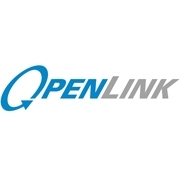
Openlink, the global leader in trading, treasury and risk management solutions for energy, commodities and financial services organizations, has earned the 2017 Treasury Management International (TMI) Award for Innovation & Excellence. This year’s award recognizes Openlink for “Best Risk Management Solution” in the Technology Innovation category.
Established more than a decade ago, TMI Awards for Innovation & Excellence are the quality benchmark for the global treasury profession, formally recognizing banks, vendors, consultants and practitioners as they forge new pathways and cultivate best practices in treasury management. Openlink won the 2016 TMI Award for “Best Treasury Analytics Solution.”
The 2017 award recognizes Openlink’s continued growth in the corporate treasury and risk management market, evidenced by a diverse client base that includes commodity-intensive corporations in the oil & gas, transportation and food & beverage industries. As a preferred provider to corporate treasurers, Openlink is helping clients boost efficiency, accuracy, transparency and speed in their commodity trading, treasury and enterprise risk management functions, including cash and credit management.
“We would like to sincerely congratulate Openlink on winning the 2017 TMI Award for Best Risk Management Solution in our Technology Innovation category,” said Robin Page, CEO and publisher of TMI. “A strong nomination highlighted Openlink’s impressive proactive approach to risk, allowing the modern treasurer to access innovative solutions to everyday problems. Well done.”
Uniquely positioned among other treasury management solution providers, Openlink’s Findur platform does not rely on bolt-on or third party applications to manage commodities, market risk, and credit in real time. Recent enhancements in Findur v16.1 span payment authorization, enterprise risk and credit management, and a more flexible work environment to handle higher volumes.
“In a world marked by constant fluctuations in currency and commodity pricing, and other unpredictable events, Openlink aims to raise the bar for what corporate treasurers and CFOs can expect from a treasury and risk management solution,” said Bernard Delahaye, chief revenue officer for Openlink in EMEA. “We are pleased to be recognized by TMI for helping our clients make better decisions because they see previously hidden strengths and opportunities across functions and beneath the surface.”
Related News

Stuart Law
CEO at Assetz Capital
The Bank of England should be cautious about raising interest rates by too much in a short space of time. see more

Dr. Richard Peterson,
CEO at MarketPsych
This article was written by Dr. see more
- 08:00 am

RBR and the European Association for Secure Transactions (EAST) are pleased to announce they will be co-locating key security events at the Park Plaza Victoria hotel in London, on 9th and 10th October 2018.
RBR’s ATM & Cyber Security 2018 conference has established itself over the past decade as the world’s leading conference focused on physical and logical ATM security. The 2017 event attracted 400 delegates representing 150 organisations from over 40 countries.
The EAST Financial Crime & Security (FCS) Seminars, organised by the EAST Expert Group on all Terminal Fraud (EGAF) and the EAST Expert Group on ATM & ATS Physical Attacks (EGAP), first took place at the third EAST FCS Forum in June 2017.
Co-locating these important events provides a unique opportunity for ATM and financial security professionals, including retail banks, law enforcement agencies, hardware and software providers and a range of industry bodies, to meet to discuss how best to address the latest security threats.
RBR’s ATM & Cyber Security 2018 conference will run for 1.5 days, immediately followed by the EAST FCS Seminars. While the RBR and EAST events will continue to be run independently, hosting them in the same venue will concentrate an unprecedented level of expertise, with the ultimate objective of reducing the levels and impact of crime at ATMs and other payment terminals.
Addressing the new initiative, RBR’s Managing Director Dominic Hirsch said, “EAST has a unique relationship with its members and RBR has for many years been impressed with the professional way it leads fraud intelligence and information sharing across Europe and beyond. There has always been a mutual respect between our organisations and we are delighted to have the opportunity to work together”.
EAST’s Executive Director, Lachlan Gunn added, “ATM & Cyber Security is an important global security conference with a proven track record, and we believe that co-locating it with EAST’s user-driven FCS Seminars provides a compelling proposition for our members and for all industry stakeholders”.
Related News
- 06:00 am
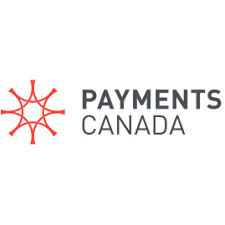
The Nordic payment markets are among the most advanced and well-functioning in the world delivering first-class services to individuals and corporates across the region. At the same time, and despite close ties between the countries, the current payment infrastructures are highly fragmented along national borders. A harmonization of the domestic infrastructures and the products offered would ease cross-border payments and foster further trade between the Nordic countries, stimulating growth and employment.
A group of major Swedish, Danish, Norwegian and Finnish banks is currently exploring the possibility of establishing a pan-Nordic payment infrastructure supplemented by common products. The vision is to create, within the Nordics, the world’s first area for domestic and cross-border payments in multiple currencies (SEK, DKK, NOK and EUR). Based on open access and common European standards, the infrastructure will contribute to increased competition among payment service providers in the Nordics.
Besides increased integration, a harmonized Nordic payment infrastructure will create a better foundation for innovation and encourage the development of new products and services to the benefit of all end-users. This will in turn enable the Nordics to maintain their position as some of the world’s most digital societies. It will also be in line with present-day requirements for payment infrastructures as financial utilities, where scale, security, speed and efficiency have become key.
The initiative shares the objectives of current domestic infrastructure projects in Norway and Sweden, but aims at achieving them on a Nordic scale.
Consultations with relevant stakeholders will take place as appropriate.
The banks behind the initiative are Danske Bank, DNB, Handelsbanken, Nordea, OP Financial Group, SEB and Swedbank.
Related News
- 03:00 am
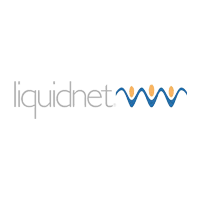
Liquidnet, the global institutional trading network, and Abel Noser Solutions today announced the pilot of Portfolio Manager Profiling. The model, when incorporated into Liquidnet’s Virtual High Touch™ Next Gen algo suite, links historical trade and TCA data with the portfolio manager’s decisions to create a distinct profile for each participating portfolio manager. These profiles are then factored into determining a suggested algo trading strategy via Liquidnet’s Algo Ranking Model (ARM).
“A portfolio manager’s tendencies have always influenced a trader’s execution strategy but being able to consistently replicate a profile pattern used to be a challenge,” said Peter Weiler, President of Abel Noser Solutions. “But by analyzing a client’s TCA data, we can now discover any persistent patterns that are statistically significant. With Portfolio Manager Profiling, Liquidnet pulls that analysis into its Algo Ranking Model to rank suggested execution strategies that are aligned to that PM’s preferences.”
“Buy-side traders are increasingly turning to smart execution tools like Liquidnet’s Algo Ranking Model to help support their trading decisions,” said Rob Laible, Liquidnet’s Global Head of Equity Strategy. “A PM’s tendencies are often nuanced, but could have a significant impact on the execution approach a trader takes. Being able to use technology to more accurately pinpoint those tendencies is a powerful addition to a trader’s toolkit.”
Portfolio Manager Profiling is currently being piloted via Liquidnet Labs, Liquidnet’s virtual innovation hub that showcases the company’s latest products and technology. Buy-side firms who are interested in being part of the pilot should contact their Abel Noser or Liquidnet representative directly.
Launched in 2016, Liquidnet’s Algo Ranking Model (ARM) generates an extensive profile of an order before ranking Liquidnet’s Next Gen Algos according to the trader’s execution objectives. Once the trader has made a selection, the model quantifies the factors that drive the ranking and adjusts its calculations in real time according to changing market and stock conditions. If the top-ranking algo changes, the trader is notified automatically. ARM is currently available in both the U.S. and European markets.
Related News
- 01:00 am
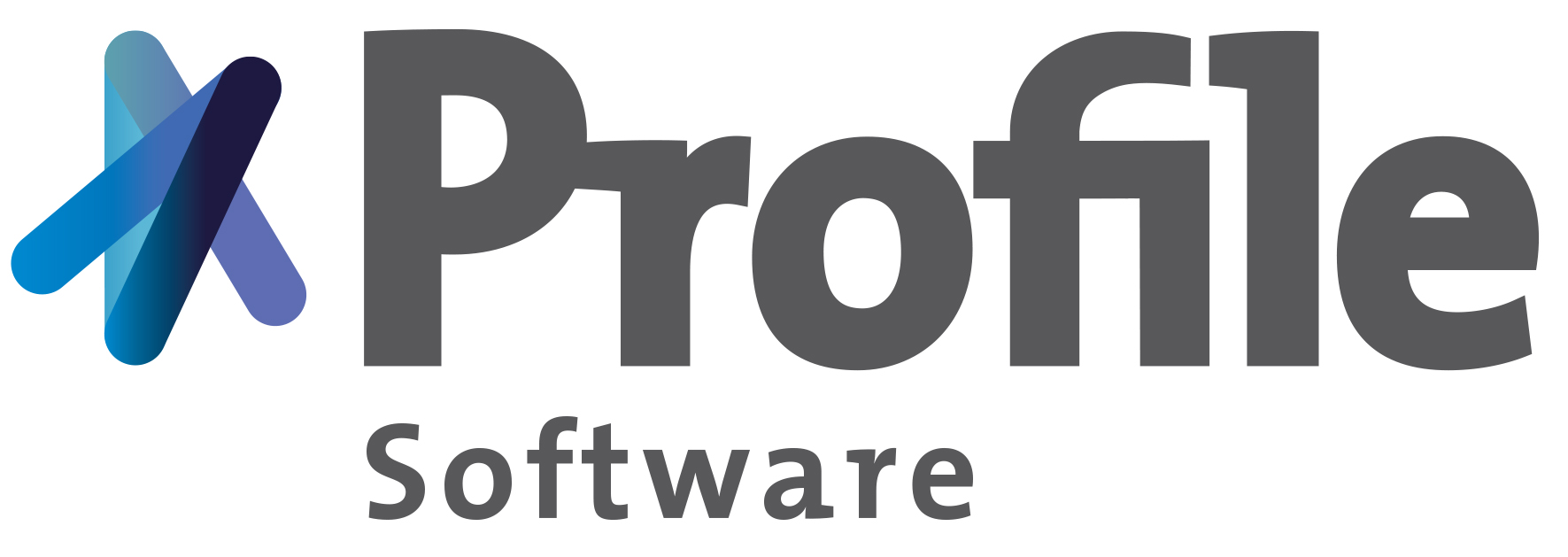
Profile Software, an international financial solutions provider, announced today the successful implementation of Acumennet, the independent treasury solution developed by Login SA, a Profile company, in Family Bank, Kenya.
With a branch network of 93 outlets and over 1.8million customers, Family Bank is the 5th largest bank in Kenya experiencing a growing balance sheet and deposit base. The Treasury Department of the bank is very active in the local Inter-bank money market and foreign exchange and is committed to providing superior service and value for money. It offers a broad range of products and services and continuously endeavours to keep its customers updated with the latest developments and trends in the local and global financial markets.
The bank selected and deployed Acumennet, the comprehensive Treasury Management system, to effectively support Treasury Department’s growing operations. It will act as the backbone of all treasury transactions, as it includes all dealing systems and ensures reliable STP with real-time interfaces upstream from several trading platforms and downstream to the back office solution. Acumennet covers all financial products, such as MM, FX, securities, repos and customer loans/deposits. Position keeping is efficiently monitored both on interbank deals side (FX position, Bond position) and on customer deals side (real-time upload of all customers orders input nation-wide through the branches and subsequent executions). With the use of Acumennet, the bank will benefit by having a complete view of the exact FX position, making sure intraday and overnight limits are under control.
In addition, Family Bank selected Acumennet Risk Management modules to safeguard the business from counterparty risk, by utilizing the tools available to manage deriving risks, thus preventing any defaults through facilities, like delivery versus payment. Acumennet enables the bank to successfully manage all related risks in the entire trading activities, so as to profitably achieve its business objectives. The bank will experience compliant workflow functionality for credit risk and settlement risk limits with a smooth monitoring of limit utilization.
Roseanne Wanjiru Ndungu, Head of Treasury, states: “Our Treasury Department requirements are pretty demanding. Our key reason for selecting Acumennet was the flexibility, automation and easy integration it provides to our operations to manage a huge number of transactions in real-time and with ease. The Risk Management functionality will also allow the bank to monitor and manage possible scenarios that will ensure compliance and proactive control to the business”.
The solution offers Straight Through Processing (STP) with intermediate checking points. It easily integrates with any back-end system, delivering utmost flexibility to the bank for seamless operations and competitive user and customer experience.
Related News

John O’Hara
CEO and co-founder at Taskize
It may contain more than four letters, but legacy has become a dirty word in banking. see more
- 08:00 am
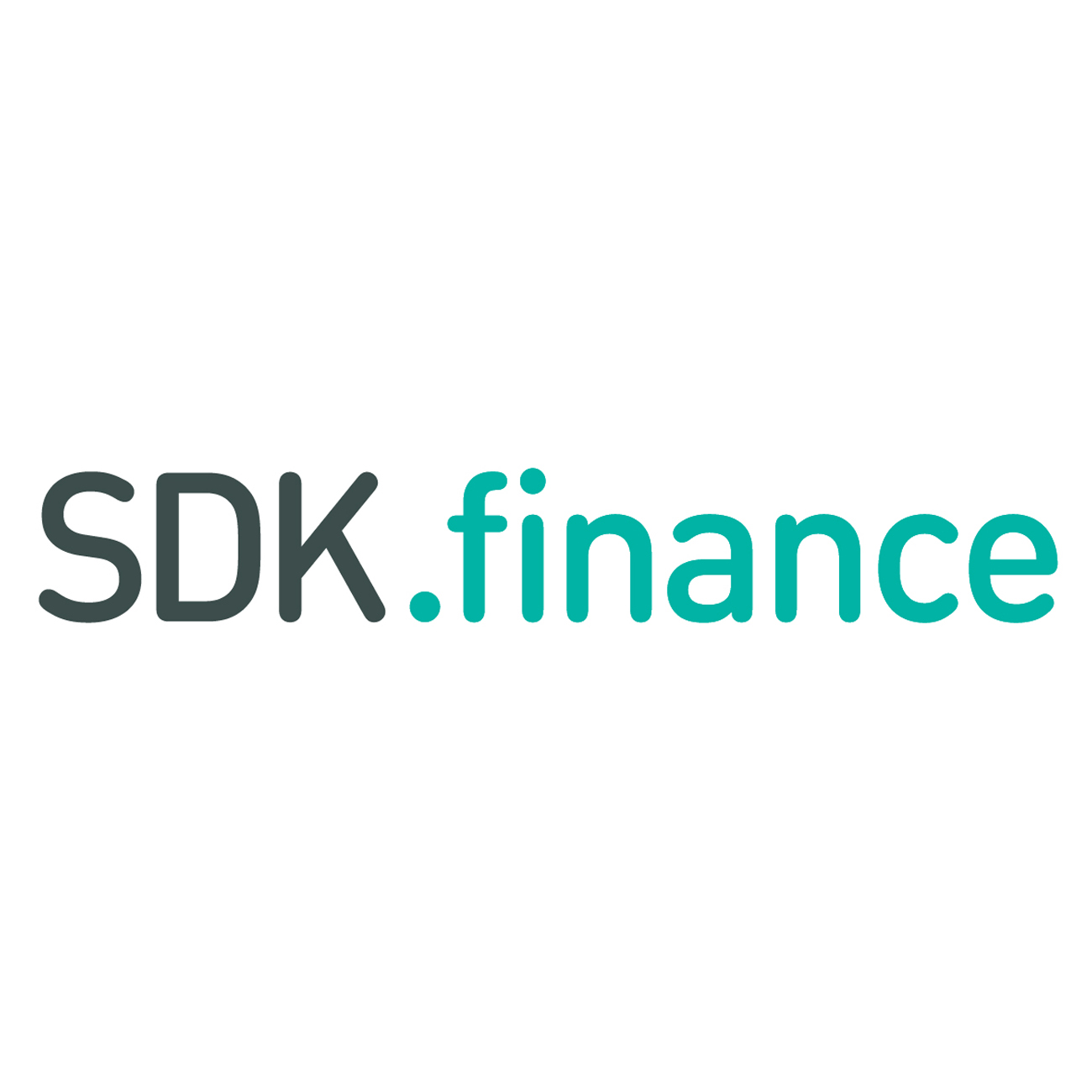
SDK.finance, the European Core Payment Platform, supersedes Visa and other major players in terms of API endpoints.
Striving to deliver the best-in-class back-end platform, SDK.finance beats the giants of the payment-processing industry and other major FinTech players according to research conducted by the team.
CEO of SDK.Finance, Alex Malyshev, said:
“It all started with the thorough studying of the Revised Payment Service Directive (PSD2) — which requires a minimum of 30 API endpoints to comply. We were pleased with the fact that we do indeed comply but, driven by curiosity, decided to check the status of the other big players in the same field. First, we chose such reputable names as Dwolla, CurrencyCloud, and GoCardless to examine — and were genuinely surprised to find that we were ahead of this crowd. Encouraged by this, we continued our research and compared SDK.finance with such heavyweights as PayPal and Stripe. Once again, we were delighted to find that, in terms of API endpoints, we came out ahead! But what also captured our attention was the fact that Stripe, though 12 years younger than its peer PayPal, was almost twice as big as the latter in terms of API. And that is indicative of the following: the more mature companies were built with one focal point — customers only — while a younger generation of companies, on the other hand, tend to account for developers’ needs as well.
Let’s get back to the goal of the current research, though. So far, SDK.finance is still leading.
… But is it possible to compare us with a major payment platform like Visa? Indeed it is, as it turns out. We reviewed their developer’s webpage and calculated Visa’s number of API. We were thrilled with the result — which you can view on the chart above. Yes, we are bigger than even Visa in terms of API
Still unknown for us is whether we are bigger than MasterCard, Alipay, or WeChat. We will leave this for dessert…
Why does the number of API endpoints matter so much?
CTO of SDK.Finance, Pavlo Sidelov, said:
“API is a way for programs to effectively communicate with each other. It is an infrastructural foundation in a system, similar, for instance, to the electrical grid in a city. Just as a modern city cannot exist without electricity, a modern bank/payment provider cannot survive without API.
The number of API endpoints shows the level of a platform’s flexibility, and hence defines the speed and scope of implementation of final products on top of the platform. To fully serve a modern customer, we need to resonate with their philosophy — providing a broad set of functionality in a fast and cost-efficient way. When we say ‘fast’ we imply hours, not months. And an API-first approach is exactly the means to achieve that. Applications built on SDK.finance are scalable, adaptable, modular, and quickly accessible.
Obviously, as such a big-name and large-scale player, Visa has been a long-lasting example and inspiration for us. But we are, however, “building a house on a brand-new piling,” so to speak. SDK.finance is a new-generation payment platform built on cutting-edge technology which is both critical today and will continue to be relevant tomorrow. Our goal is to remain on the forefront of changes and be miles ahead of our peers and the big players of the FinTech and payment industry.
Alex Malyshev, CEO @SDK.finance said: “The majority of startup entrepreneurs dream about excelling beyond their more successful peers. But that hasn’t been the case with us, to be honest — not precisely, at least. Rather, our story rests upon the relentless and dedicated work of our team towards its main objective — becoming the best technology platform for Digital Wallet Providers, Electronic Money Institutions, and Payment Service Providers across the globe. But I won’t deny the fact that emerging as a leader in this API arms race, as a result, is also a nice perk!”
About SDK.finance: The company was established in 2013 in the Czech Republic. SDK.finance is the Core Payment Platform wrapped into 280+ APIs. It enables payment providers, FinTech entrepreneurs, and banks to launch payment or loyalty products 5-to-10 times faster compared to current industry standards — while decreasing CAPEX by 90%. In addition, our clients get the full flexibility to customize and manage their own solution through our APIs. Multiple payment products can be built on our SDK.finance platform: Payment Services, Electronic Wallet, P2P Money Transfer, Currency Exchange, and many others.
In 2016, SDK.finance realized the 4th version of the platform. We provide service to clients from a range of different countries including the USA, Canada, the UK, Singapore, Spain, Ireland, Azerbaijan, Ukraine, Ghana, and more.
2017 was marked for SDK.finance as an API growth year, bringing the number of API endpoints from 0 to 285.
SDK.finance product milestones
- 2013 – the Foundation year
- 11/2014 – Launch of the beta version
- 04/2015 – SDK.finance Version 1.0
- 09/2015 – Back-offices Version 1.0
- 10/2016 – Start of API development
- 01/2017 – 50+ API & upgraded back-offices
- 03/2017 – PSD2-compliant 90+ APIs
- 05/2017 – 130+ APIs
- 10/2017 – 270+ APIs
- 02/2018 – Ahead of Visa, PayPal, and Stripe in terms of API endpoints









